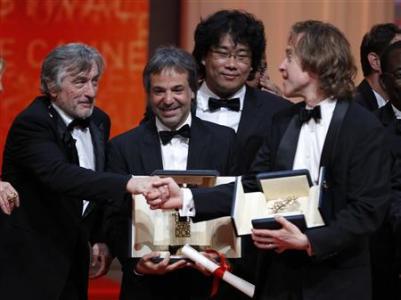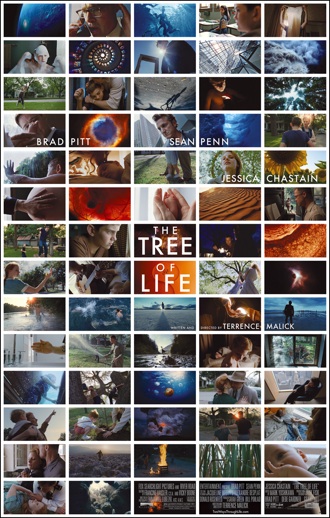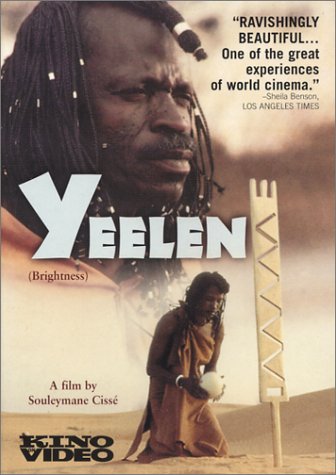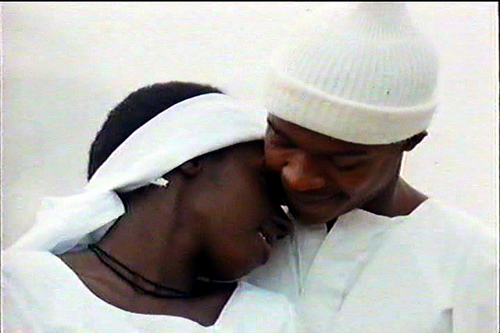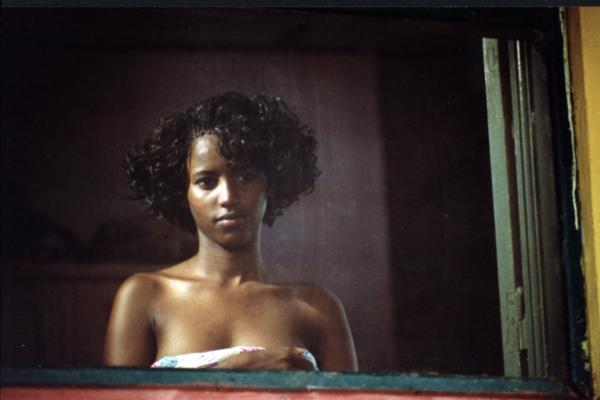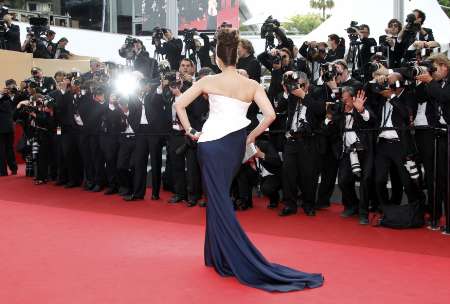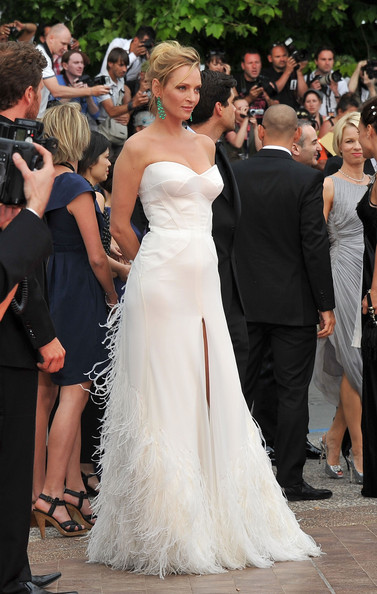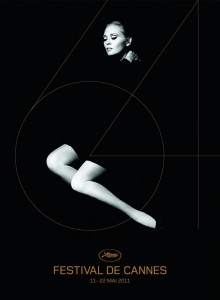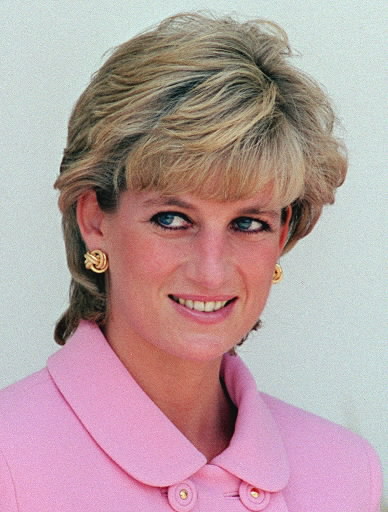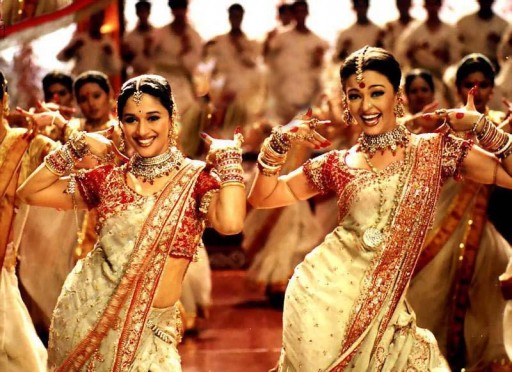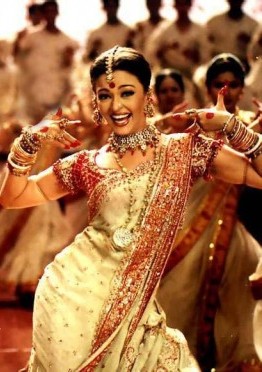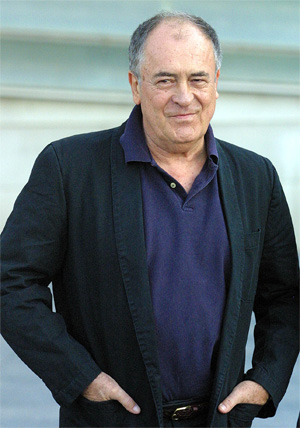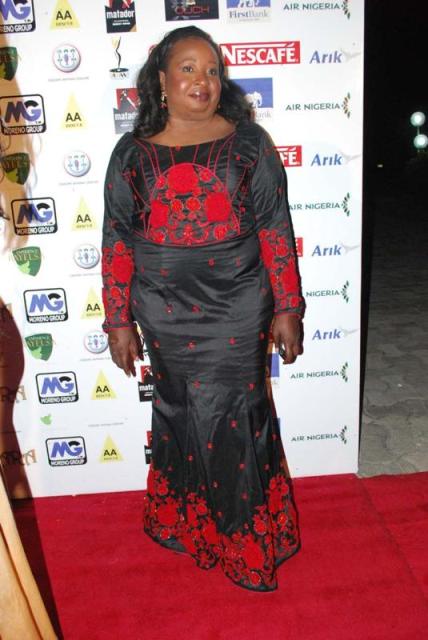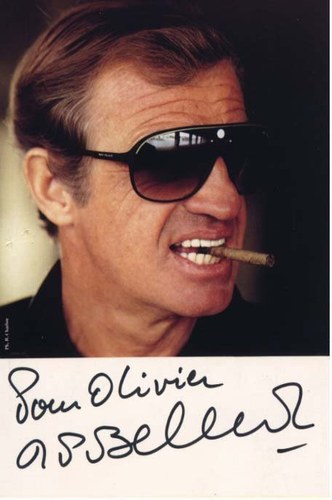The 64th Cannes Film Festival opens with Woody Allen’s latest romantic comedy “Midnight in Paris” on May 11, 2011.
The following is the complete list of the opening film and the Official Selection.
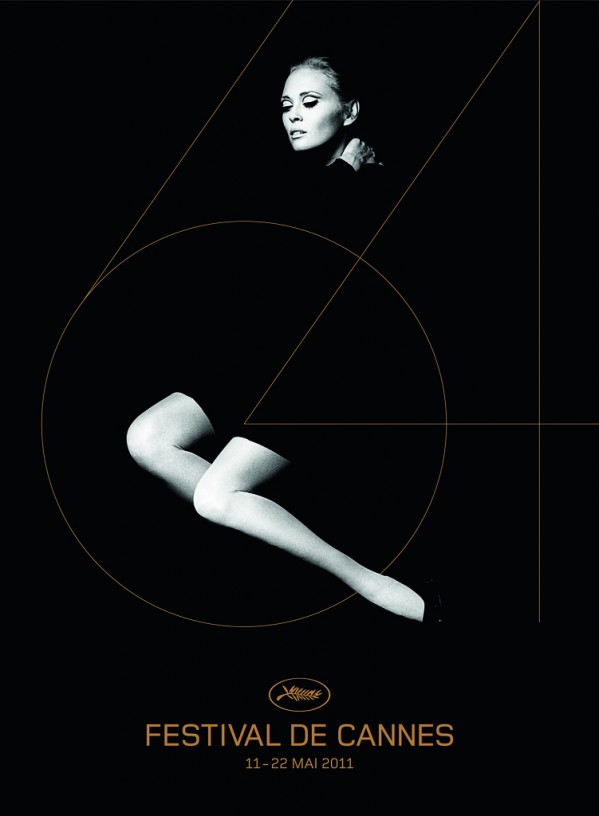
Woody ALLEN MIDNIGHT IN PARIS (Out of Competition) 1h40
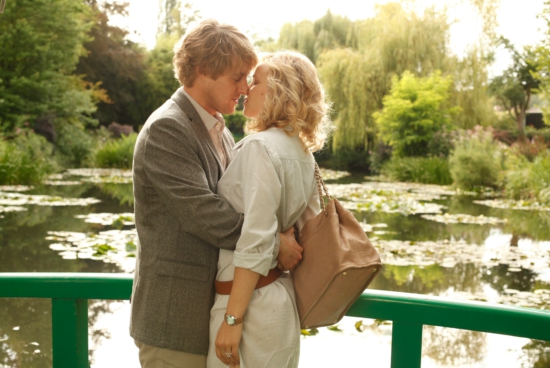
Competition
Pedro ALMODÓVAR LA PIEL QUE HABITO 2h00
Bertrand BONELLO L’APOLLONIDE – SOUVENIRS DE LA MAISON CLOSE 2h02
Alain CAVALIER PATER 1h45
Joseph CEDAR HEARAT SHULAYIM
(Footnote) 1h45
Nuri Bilge CEYLAN BIR ZAMANLAR ANADOLU’DA
(Once upon a time in Anatolia) 2h30
Jean-Pierre et Luc DARDENNE LE GAMIN AU VÉLO 1h27
Aki KAURISMÄKI LE HAVRE 1h43
Naomi KAWASE HANEZU NO TSUKI 1h31
Julia LEIGH SLEEPING BEAUTY – 1st film – 1h44
MAÏWENN POLISSE 2h01
Terrence MALICK THE TREE OF LIFE 2h18
Radu MIHAILEANU LA SOURCE DES FEMMES 2h15
Takashi MIIKE ICHIMEI
(Hara-Kiri: Death of a Samuraï) 2h06
Nanni MORETTI HABEMUS PAPAM 1h42
Lynne RAMSAY WE NEED TO TALK ABOUT KEVIN 1h50
Markus SCHLEINZER MICHAEL – 1st film – 1h34
Paolo SORRENTINO THIS MUST BE THE PLACE 1h58
Lars VON TRIER MELANCHOLIA 2h10
Nicolas WINDING REFN DRIVE 1h35
Un Certain Regard
Gus VAN SANT RESTLESS – Opening Film – 1h31
Bakur BAKURADZE THE HUNTER 1h50
Andreas DRESEN HALT AUF FREIER STRECKE 1h35
Bruno DUMONT HORS SATAN 1h50
Sean DURKIN MARTHA MARCY MAY MARLENE – 1st film – 1h41
Robert GUÉDIGUIAN LES NEIGES DU KILIMANDJARO 1h47
Oliver HERMANUS SKOONHEID 1h38
HONG Sangsoo THE DAY HE ARRIVES 1h19
Cristián JIMÉNEZ BONSÁI
(Bonsaï) 1h42
Eric KHOO TATSUMI 1h34
KIM Ki-duk ARIRANG 1h40
Nadine LABAKI ET MAINTENANT ON VA OÚ ? 1h50
Catalin MITULESCU LOVERBOY 1h35
NA Hong-jin YELLOW SEA 2h20
Gerardo NARANJO MISS BALA 1h53
Juliana ROJAS,
Marco DUTRA TRABALHAR CANSA – 1st film – 1h40
Pierre SCHOELLER L’EXERCICE DE L’ETAT 1h55
Ivan SEN TOOMELAH 1h46
Joachim TRIER OSLO, AUGUST 31ST 1h35
Out of Competition
Xavier DURRINGER LA CONQUÊTE 1h45
Jodie FOSTER THE BEAVER 1h40
Michel
HAZANAVICIUS THE ARTIST 1h40
Rob MARSHALL PIRATES OF THE CARIBBEAN:
ON STRANGER TIDES 2h20
Midnight Screenings
CHAN Peter Ho-Sun WU XIA 2h00
Everardo GOUT DIAS DE GRACIA – 1st film – 2h13
Special Screnings
Frederikke ASPÖCK LABRADOR – 1st film – 1h30
Rithy PANH LE MAÎTRE DES FORGES DE L’ENFER 1h45
Michael RADFORD MICHEL PETRUCCIANI 1h30
Christian ROUAUD TOUS AU LARZAC 2h00
Cinéfondation
ARAMISOVA
FAMU, Czech Republic CAGEY TIGERS 23′
Nathanael CARTON
NYU Asia, Singapore SUU ET UCHIKAWA
(Suu and Uchikawa) 11’
Simão CAYATTE
Columbia University, USA A VIAGEM
(The Trip) 19’
Anat COSTI
Bezalel Academy, Israel BEFETACH BEITY
(On My Doorstep) 6’
D. Jesse DAMAZO,
Joe BOOKMAN
University of Iowa, USA THE AGONY AND SWEAT OF THE HUMAN SPIRIT 15’
Pieter DIRKX
Sint-Lukas University, Belgium BENTO MONOGATARI
(Lunchbox Story) 27’
Doroteya DROUMEVA
dffb, Germany DER BRIEF
(The Letter) 30’
Alice FURTADO
Universidade Federal Fluminense, Brazil DUELO ANTES DA NOITE
(Duel Before Nightfall) 20’
Kamal LAZRAQ
La fémis, France DRARI 39’
Mariano LUQUE
Universidad Nacional de Córdoba, Argentina SALSIPUEDES 44’
Gastón MARGOLIN, Martín MORGENFELD
Universidad del Cine, Argentina LA FIESTA DE CASAMIENTO
(The Wedding Party) 19’
Pasquale MARINO
Centro Sperimentale di Cinematografia, Italy L’ESTATE CHE NON VIENE
(Till Summer Comes) 17’
Jefferson MONEO
Columbia University, USA BIG MUDDY 15’
Ma’ayan RYPP
Tel Aviv University, Israel AL MARTHA LAUF
(Martha Must Fly) 26′
SON Tae-gyum
Chung-Ang University,
South Korea YA-GAN-BI-HANG
(Fly by Night) 21′
Maria STEINMETZ
HFF ”Konrad Wolf”, Germany DER WECHSELBALG
(Changeling) 8’
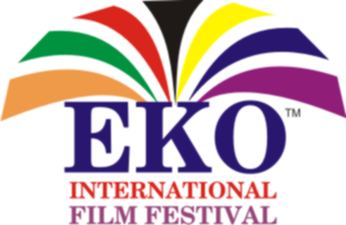
![]()

